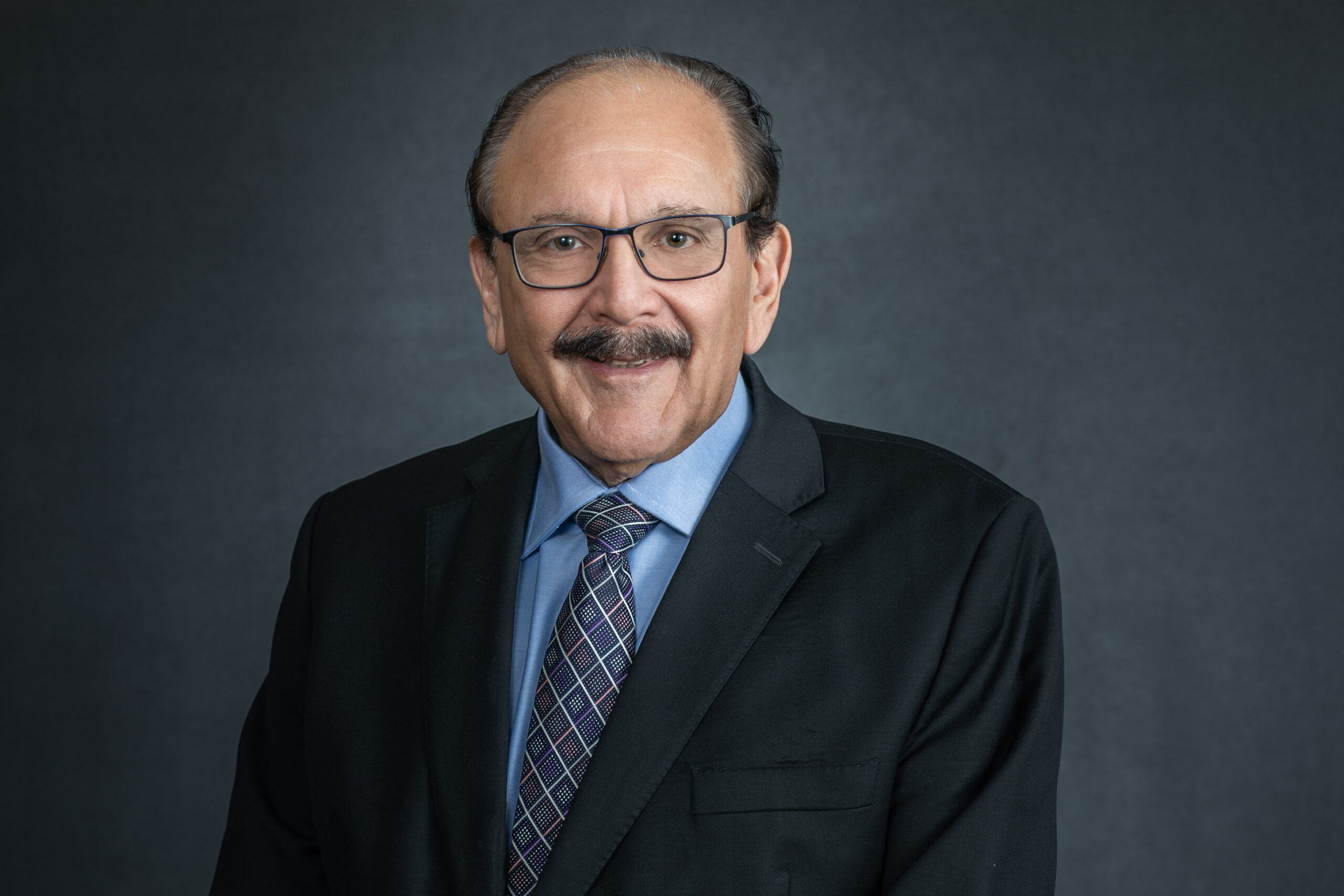
Being named as an executor in someone’s will may feel like an honor, but it also demands a great deal of time and energy. If you’ve been appointed and are wondering what this role requires, you may also be asking yourself if you are required to accept it. The good news is that you do have a choice. If you are unsure about your options, our Pontiac, MI probate lawyer can walk you through what it means to serve as an executor and what steps to take if you prefer not to accept the role.
Saying No To The Appointment
You are not obligated to serve as an executor. If you feel you cannot commit the time or energy to the process, you can formally decline. Typically, you will submit a written statement to the probate court letting them know you do not wish to serve. Once this is done, the court will either appoint an alternate named in the will or choose another qualified individual.
Why Someone Might Decline
Serving as an executor can be time-consuming. Probate often involves collecting assets, paying debts, selling property, and communicating with heirs. If you already have other personal or professional commitments, adding these duties may be overwhelming. Some people may also be uncomfortable handling family disagreements, especially if the estate is likely to create disputes among heirs.
Responsibilities Of Accepting The Role
If you do agree to act as executor, it’s important to understand your responsibilities. Executors must follow the law and act in the best interest of the estate. Failure to do so can result in claims of breach of fiduciary duty, which can lead to personal liability. This is one reason why some people decline the appointment—they want to avoid the risk of being caught in conflicts or legal challenges.
Questions About Probate Obligations
One of the most common questions we hear is “do I have to go through probate?” The answer depends on the size of the estate and how assets were titled. Some assets, such as those held in a trust or jointly owned property, may not need probate. However, if probate is required, the executor is the one responsible for starting and overseeing the process. If you are hesitant about taking on that role, it may be better to decline from the beginning.
What Happens After You Decline?
If you refuse, another person can step in. Often, wills list backup executors for this reason. If no one else is named, the court will select a suitable person, usually a close family member. Declining does not mean you are abandoning your loved one’s wishes—it simply means you are stepping aside so someone else can handle the estate.
At Gudeman & Associates, P.C., we know the decision to accept or refuse the position of executor can be difficult. If you’re concerned about your ability to carry out this role or want to know how an attorney can help, we are here to provide the answers you need. Contact us today to schedule a consultation with a member of our team who can help you make the best decision for your situation.






